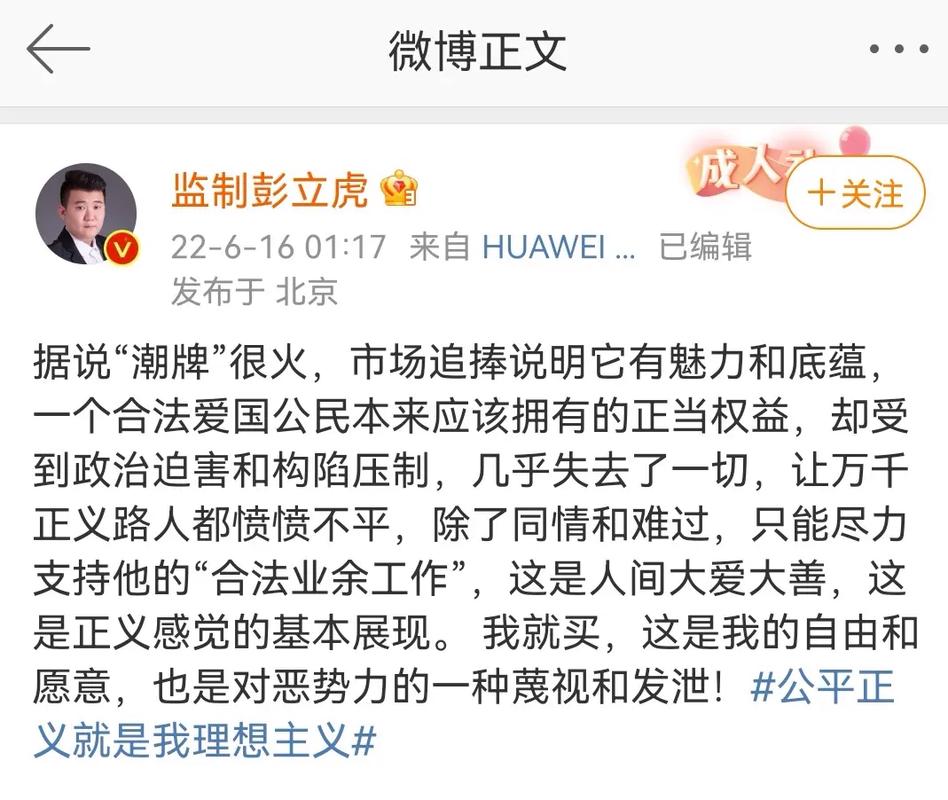"先考研再违约" is a phrase in Chinese that translates to "take the postgraduate entrance exam first, then breach the contract." This phrase has gained popularity in China in recent years, particularly among undergraduate students who are considering whether to fulfill their employment contracts or pursue further education.
The context behind this phrase stems from the increasing competitiveness of the job market in China, especially for recent graduates. Many students feel pressure to secure stable employment after completing their undergraduate studies. However, with the rising demand for higher qualifications in the job market, some students believe that pursuing postgraduate education (such as a master's or doctoral degree) can improve their competitiveness and career prospects.
On the other hand, some students may have already signed employment contracts with companies or organizations before deciding to pursue further education. These contracts often include clauses that require the employee to work for a certain period of time after graduation. By choosing to prioritize taking the postgraduate entrance exam over fulfilling their employment contracts, students are essentially "breaching" their agreements with their employers.
There are several reasons why students might choose to adopt the "先考研再违约" approach:
1.
2.
3.
4.
5.

However, it's essential to acknowledge the ethical implications of the "先考研再违约" approach. Breaching employment contracts can damage trust between employers and employees, and it may have legal consequences depending on the terms of the contract and applicable labor laws. Moreover, it could potentially harm the reputation of the individual among employers in the industry.
Ultimately, the decision to prioritize postgraduate education over fulfilling employment contracts is a personal one that depends on individual circumstances, career goals, and values. It's essential for students to carefully weigh the pros and cons and consider the potential consequences before making such a significant decision.
版权声明:本文为 “心一设计网” 原创文章,转载请附上原文出处链接及本声明;

